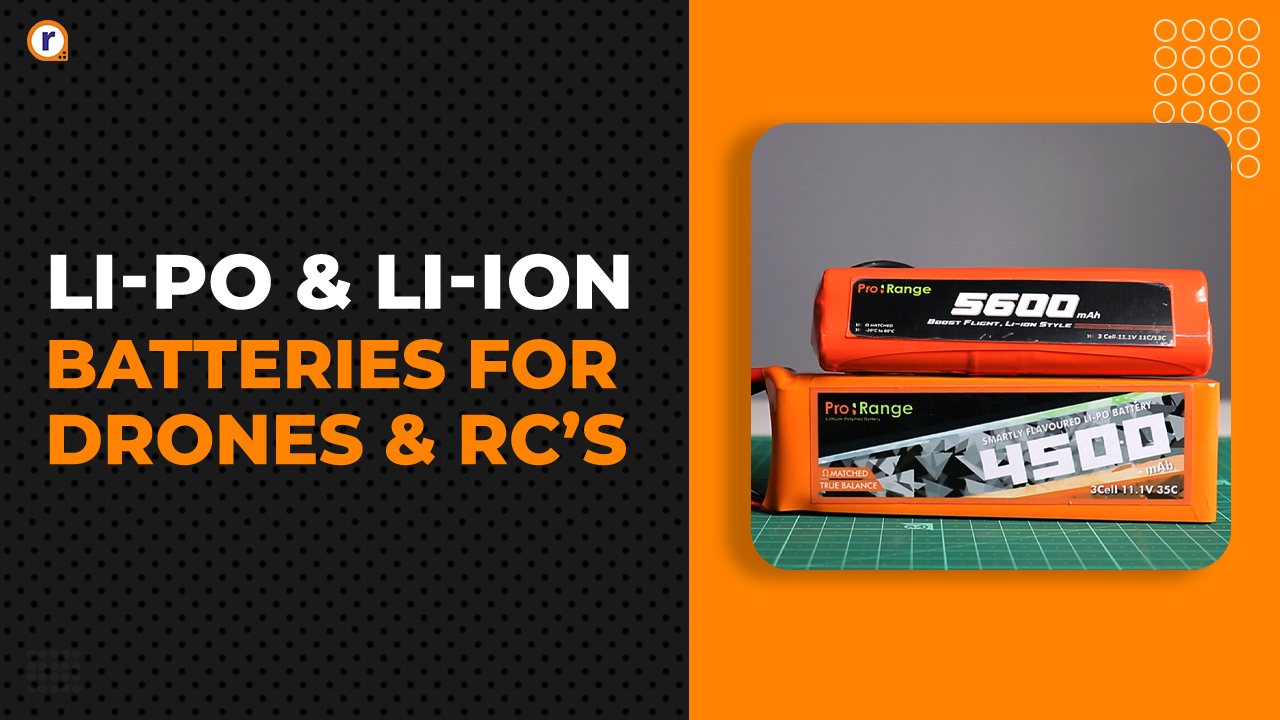SparkFun and CH340 Driver: Ultimate Innovation and Connectivity
In the world of electronics and microcontroller-based projects, SparkFun has become a household name for its reliable, user-friendly, and open-source hardware. To connect these boards to a computer for programming

In the world of electronics and microcontroller-based projects, SparkFun has become a household name for its reliable, user-friendly, and open-source hardware. To connect these boards to a computer for programming or debugging, many rely on USB-to-serial communication chips like the CH340. This cost-effective chip has gained widespread popularity due to its affordability and reliability, especially in Arduino-compatible boards, ESP modules, and other development kits.
In this guide, we’ll dive deep into the roles SparkFun and the CH340 driver play in electronics, explore compatible devices and brands, provide a step-by-step installation guide, and address common troubleshooting issues.
What is SparkFun?
Founded in 2003, SparkFun Electronics focuses on making open-source hardware accessible to everyone. Its catalog includes a vast array of development boards, breakout boards, sensors, robotics kits, and educational tools.
It’s commitment to innovation has led to the creation of some iconic hardware like the RedBoard—an Arduino-compatible development board—and a variety of breakout boards that make working with sensors and modules straightforward.
While Development Boards often incorporate premium chips like FTDI for USB-to-serial conversion, many affordable or clone boards inspired by SparkFun designs use the CH340 chip to reduce costs without compromising functionality.

What is the CH340 Driver?
The CH340 driver is software that acts as a bridge between your computer and a microcontroller or development board that uses the CH340 chip for USB-to-serial communication. The driver allows your computer to recognize the device, enabling functions like uploading code and monitoring serial communication.
Key Features of the CH340 Chip
- USB Full-Speed Support
- Compatible with USB 2.0, ensuring fast communication.
- UART Communication
- Provides reliable UART (Universal Asynchronous Receiver-Transmitter) communication with adjustable baud rates.
- Low Power Consumption
- Designed for energy-efficient applications.
- Cost-Effective
- A budget-friendly alternative to FTDI and CP2102 chips.
- Broad Compatibility
- Supported on major operating systems, including Windows, macOS, and Linux.
- The CH340 chip is often found in budget-friendly Arduino clones, ESP modules, and third-party boards compatible with SparkFun’s ecosystem.
Why SparkFun and CH340 Work Well Together
- Commitment to Accessibility
- SparkFun aims to democratize electronics by offering open-source hardware and extensive learning resources. By supporting third-party boards that use CH340 chips, SparkFun enables makers to choose from a wide variety of tools that suit their budgets.
- CH340 Chip’s Contribution
- The CH340 chip helps manufacturers create affordable alternatives to premium boards, ensuring makers can access reliable tools without breaking the bank. This chip is commonly used in Arduino clones, ESP8266/ESP32 boards, and other cost-effective development kits.
Devices and Brands Using the CH340 Chip
The CH340 chip and its corresponding driver are essential in many electronics brands and devices, making it a crucial tool for developers.
- SparkFun-Compatible Boards
While official SparkFun boards often use FTDI chips, some third-party boards inspired by SparkFun designs utilize the CH340 chip. For example
- Arduino Uno clones compatible with SparkFun’s accessories.
- Custom boards designed for educational purposes.
- Arduino Clones
- Arduino-compatible boards, such as the Uno R3 clones and Nano clones, frequently use the CH340 chip instead of the official FTDI chip, making them affordable alternatives for beginners.
- NodeMCU Boards
- The NodeMCU ESP8266 development board, popular for IoT applications, relies on the CH340 chip for USB-to-serial communication.
- Wemos D1 Mini
- The compact Wemos D1 Mini, used for WiFi-based projects, integrates the CH340 chip to ensure seamless USB communication.
- ESP32 Boards
- Some ESP32-based development boards, especially those targeting budget-conscious makers, use the CH340 chip.
- 3D Printer Controllers
- Controllers in 3D printers like the Creality Ender series frequently feature the CH340 chip to manage USB communication between the printer and computer.
- Hobbyist and Custom Boards
- Many custom PCBs and hobbyist-made boards include the CH340 chip due to its affordability and ease of integration.
Installing the CH340 Driver
Proper installation of the CH340 driver is essential to ensure your computer can communicate with devices equipped with the CH340 chip. The process varies depending on your operating system.
Step-by-Step Installation Guide
- For Windows
- Download the Driver
-
- Visit the official WCH website or your device manufacturer’s site to download the driver.
- Ensure you download the correct version for your system (32-bit or 64-bit).
- Install the Driver
-
- Run the downloaded .exe file.
- Follow the on-screen prompts to complete the installation.
- Verify Installation
- Connect your CH340-equipped device.
- Open Device Manager.
- Check for "USB-SERIAL CH340" under "Ports (COM & LPT).
- For macOS
- Download the Driver
- Obtain the macOS-compatible CH340 driver from a reliable source.
- Install the Driver
- Double-click the .dmg file to start the installation.
- Allow installation via System Preferences > Security & Privacy if prompted.
- Restart Your Computer
- Restart your system to ensure the driver loads properly.
- For Linux
- Most Linux distributions include support for the CH340 chip out of the box.
- If your device isn’t recognized, update your kernel or manually install the driver via package managers (apt, yum, etc.)
Troubleshooting CH340 Driver Issues
Even after installation, you may encounter issues with the CH340 driver. Here’s how to resolve common problems
- Device Not Recognized
- Ensure the USB cable is functional and properly connected.
- Try a different USB port.
- Driver Installation Fails
- Verify that you’ve downloaded the correct driver version for your operating system.
- Run the installer as an administrator (Windows).
- Port Not Showing in Device Manager
- Check for conflicts with other drivers.
- Restart your computer and reconnect the device.
- Communication Errors
- Test with a different baud rate in your development environment.
- Ensure your code or firmware matches the communication settings of the CH340 chip.
Why the CH340 Chip is Popular Among Makers
The CH340 chip has become a favorite in the maker community due to its balance of cost and performance. Its features make it an ideal choice for hobbyists and educators, offering
- Affordable USB-to-serial communication.
- Easy integration into custom projects.
- Compatibility with popular microcontrollers and platforms.
For users, this means access to a wider ecosystem of tools and boards that complement their projects.
SparkFun’s Role in Supporting CH340-Based Boards
SparkFun’s open-source philosophy encourages the use of compatible third-party boards, many of which rely on the CH340 chip. This inclusivity empowers makers to choose from a broad range of tools, ensuring they can find solutions that fit their budgets and project needs.
For example
- Education
- Students can access affordable Arduino clones with the CH340 chip, paired with accessories for learning.
- Prototyping
- Developers can experiment with CH340-based boards for rapid prototyping without significant financial investment.
Conclusion
The CH340 driver is a vital tool for anyone working with development boards or microcontrollers equipped with the CH340 chip. Its widespread use in Arduino clones, ESP modules, and third-party SparkFun-compatible boards highlights its importance in the maker community.
By understanding the relationship between makers can unlock a world of possibilities. Whether you're working on IoT applications with NodeMCU, developing WiFi-based systems with Wemos D1 Mini, or exploring SparkFun's accessories with a CH340-based Arduino clone, the right driver ensures seamless communication and creativity without limits.
Install your CH340 driver today and bring your electronic projects to life with confidence!







